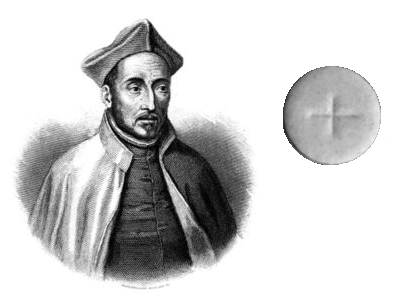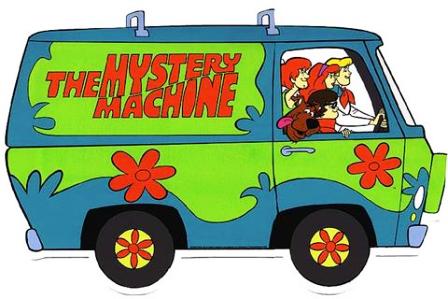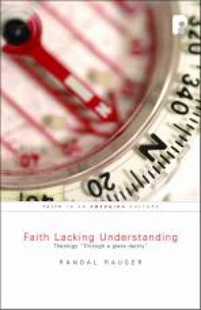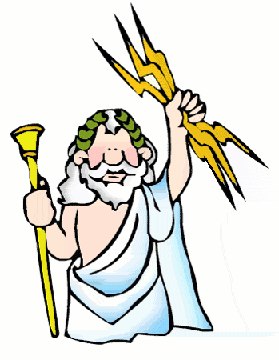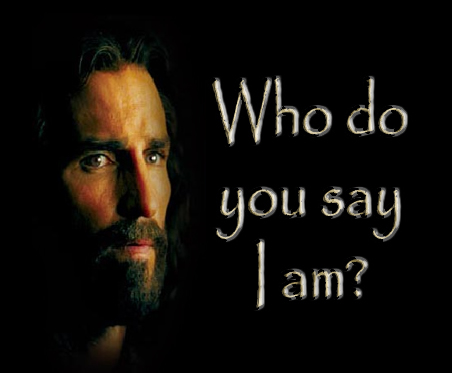SCORING THE BURKE – BOWMAN DEBATE – Bowman 3
In my comments on his first salvo, I wondered exactly what Trinity doctrine Bowman means to defend. (Some kind of modalism?) After round two, I said that Bowman has owned up to affirming a contradiction – trying to pass it off as a “mystery”, i.e. a merely apparent contradiction. In round 3, Bowman ignores these fundamental conceptual difficulties for his position, and soldiers on with… Read More »SCORING THE BURKE – BOWMAN DEBATE – Bowman 3






